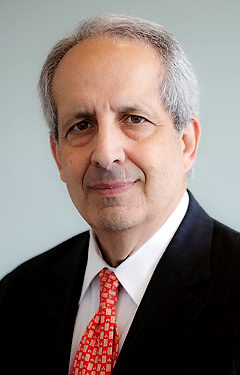The White Genocide Evidence Project
Discourse is war.” ~Søren Renner
This is a call for items that can be included in the White Genocide Evidence Project. Please post quotations or evidence as comments to this article, preferably in the format described below
Contributors will help create a database of evidence documenting the intentional destruction, displacement, and denigration of the White race in all White nations—White genocide. These contributions will be quotations or other evidence, buttressed as much as possible by references, which will eventually be converted into a final product to expose the perpetrators of White genocide. Hundreds of online discussion forums and websites have already compiled immense lists of hateful, slanderous, or genocidal quotations against the White race. The idea is to collect and synthesize these quotations (and any other evidence) into a polished, presentable, unimpeachable, and independent end-product suitable for public dissemination to the population at large. Read more







